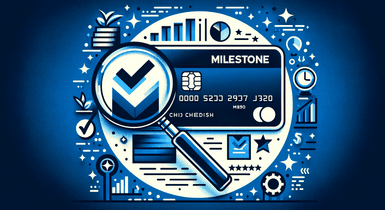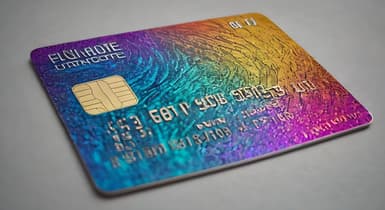How to Choose the Best Credit Card for Me?
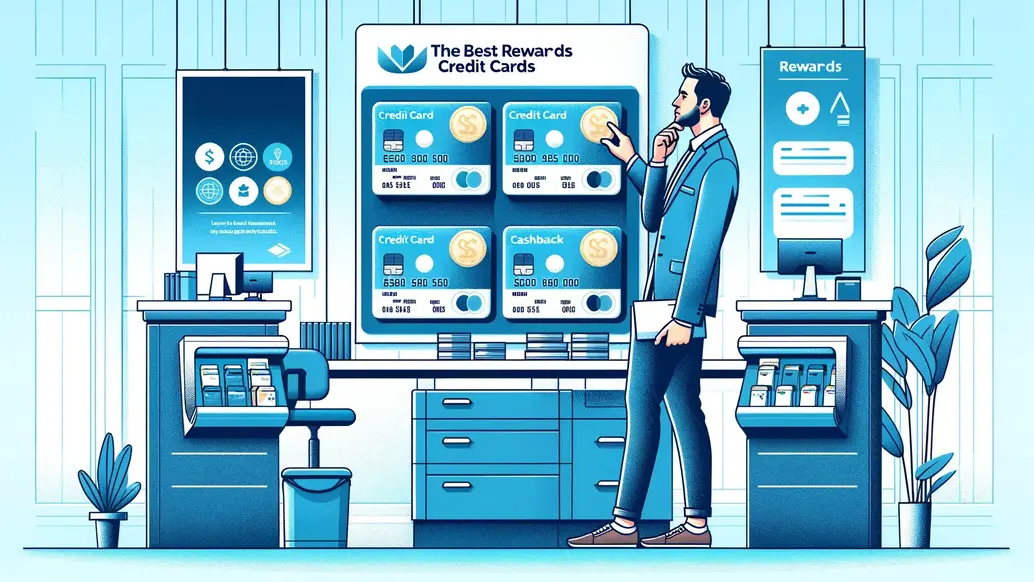
A suitable credit card not only lets you make purchases conveniently but also helps you rack up some valuable benefits. For some, getting cashback might seem like the best option, while others will jump at the chance to earn miles they can spend on future trips. It really boils down to how you plan to use your credit card.
If you're wondering, “Which rewards credit card is best for me?” this article will help you decide. Keep reading to get the lowdown on the different types of rewards, prominent credit cards in each category, and some handy tips to help you pick the right option for you.
Rewards Credit Card Types Explained
Owning top rewards credit cards is a great way to save money, as they typically come with some sort of cashback or bonus point system. The golden rule for choosing the right one is to have a clear understanding of your spending habits. A practical tip? Get clear on your monthly spending habits. Then, you will figure out which rewards card will give you the most bang for your buck.
When asking yourself, “How to choose the best credit card for me?” consider the following factors:
- Types of Reward Programs: Are you drawn to cashback or points/miles? Understand what spending categories they cover.
- Fees: Don’t just focus on annual fees. Take into account fees for foreign transactions and other financial services you often use.
- Sign-up Bonuses: Check out the available welcome bonuses, as they can really sweeten the deal.
- Extra Perks: Think about additional benefits like insurance protection, which could also be a big plus in your decision.

Let’s break down the main types of rewards credit cards.
Cashback Credit Cards
With cashback cards, you earn back a percentage of what you spend. For instance, 1% cashback on a $150 purchase gets you $1.50 back. We recommend teaming this up with other types of rewards cards to really cash in on extra benefits.
Chase Freedom Unlimited
One of the best credit cards for rewards for cashback seekers is the Chase Freedom Unlimited Card. With it, you’ll score at least 1.5% cashback on all purchases.
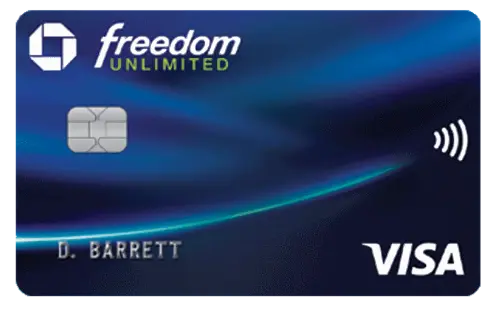
- No annual fee;
- 0% APR on purchases for the first 15 months;
- Requires a good credit score to qualify.
Travel Credit Cards
In most cases, travel cards allow you to accumulate points or miles to earn rewards, which can be later redeemed for travel-related purchases. You can even tweak your travel preferences a bit to maximize your rewards.

Capital One Venture Rewards Credit
Once you spend $4,000 on purchases within 3 months, this travel card rewards you with a 75,00-mile welcome bonus.
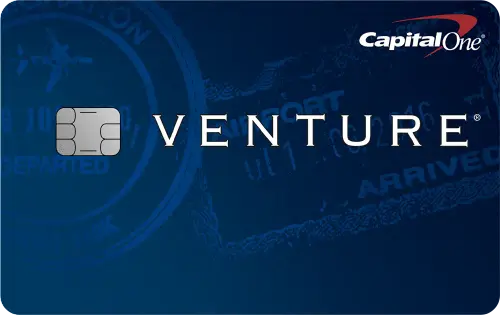
- Generous miles rewards program;
- Huge welcome bonus;
- No cap or expiration date on miles.
Grocery Credit Cards
Grocery credit cards let you earn rewards for your supermarket spending. To really make the most out of the grocery rewards, think about adding another rewards card to your lineup, especially if it comes with no annual fee.
Blue Cash Preferred
This card gets you a hefty 6% cashback at U.S. supermarkets if you spend up to $6,000 a year. Plus, the intro APR is 0% for 12 months.
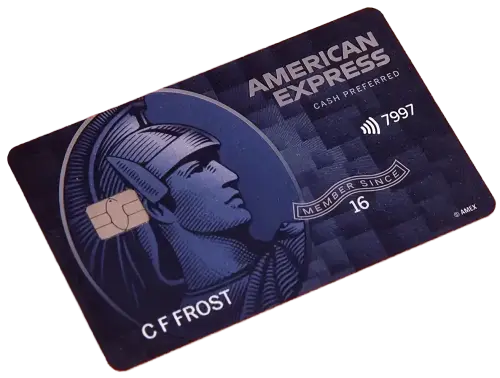
- 6% cashback at U.S. supermarkets;
- 3% cashback at gas stations;
- $95 annual fee after the first year.
Gas Credit Cards
Gas credit cards are ideal for drivers who want to earn cashback on fuel. As the name implies, they reward you for your gas station purchases, which can add up quickly for those on the road often.
Citi Rewards+®
The Citi Rewards+® Card automatically rounds up your points to the nearest 10 on every purchase, and it comes with no limit.
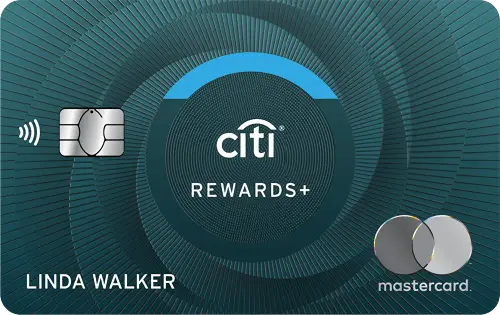
- 20,000 points after spending $1,500 in the first three months;
- Points can be used for gas, flights, hotels, and other travel expenses;
- No annual fee.
Comparing and Applying for Best Credit Cards for Rewards
Whether you are searching for an option to earn points or score cashback, it is essential to take a look at the rewards credit card comparison before you apply. Some key factors to weigh when looking for credit cards with the best rewards include:
- Annual Fee: Some cards with the best rewards have high annual fees, so decide if you’ll use the card enough to justify the yearly payments. On the other hand, a no-annual-fee card may come with higher-than-average service charges.
- Welcome Bonuses: Many cards offer substantial sign-up and welcome bonuses. This is another factor to consider, as a good enough welcome bonus can even make up for a high annual fee. Keep in mind that these often come with spending minimum.
- Rewards and Loyalty Programs: Cashback is a more straightforward and common bonus system, but travel credit cards with rewards often work on a point system. Before signing up, check how you can redeem those points.
It is also a smart move to use online tools to get a more detailed comparison. For example, side-by-side credit card comparison tools can make it easier to see which one suits you best.
Here are some tips to keep in mind when applying for a rewards credit card:
- Boost your credit score first if needed.
- Don’t apply for too many cards at once, as this can hurt your credit score.
Final Thoughts
It’s clear that the definition of credit cards with the best perks varies significantly from person to person, depending on an individual’s regular expenses and spending habits. For some, a travel rewards card may be a dream come true, while others might see more value in one that offers generous grocery or cashback rewards. The key to finding your ideal offer is research. Remember, it pays to compare different options—weigh the rewards against the fees, and pick the one that fits your lifestyle.


